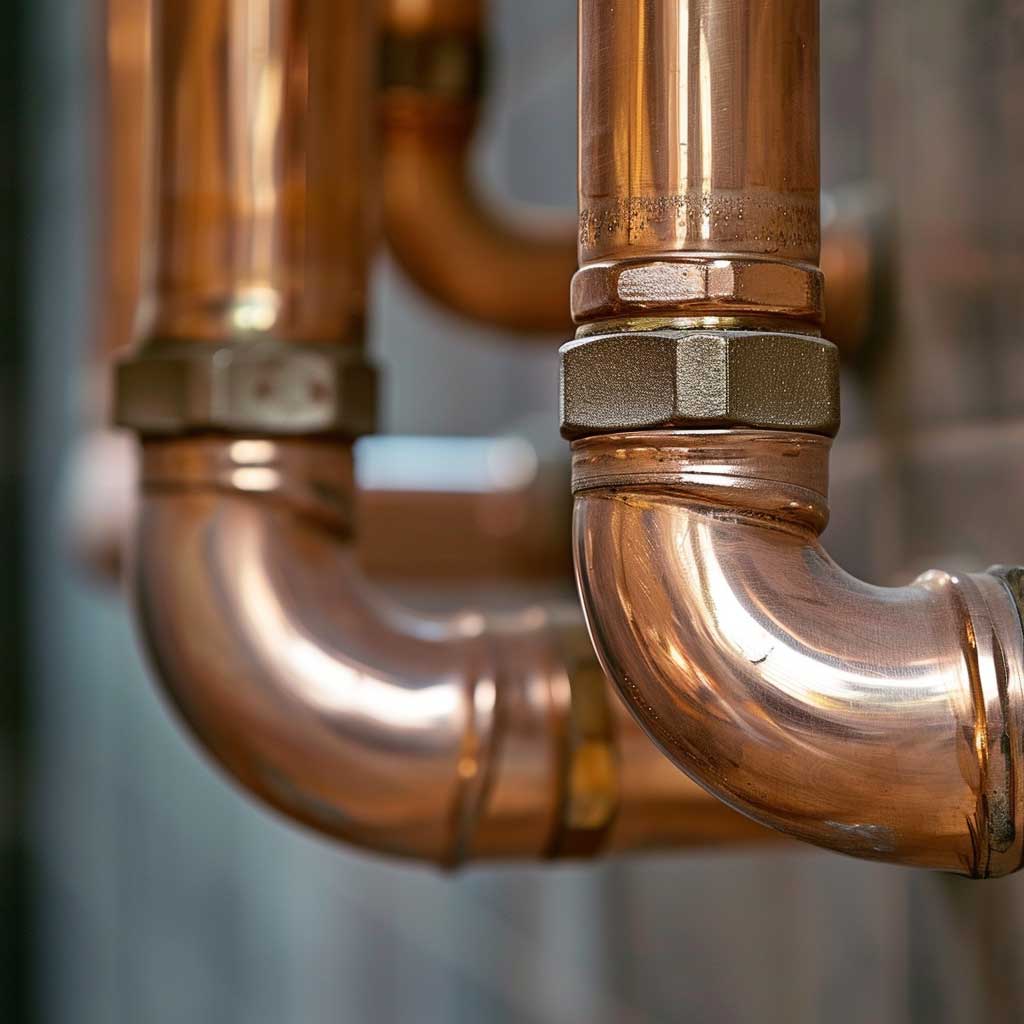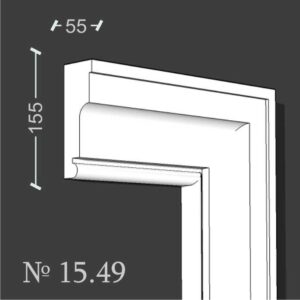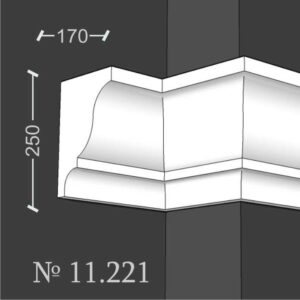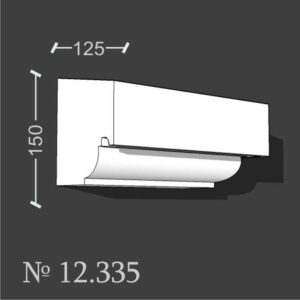The plumbing system is a critical component in every household, often overlooked until a problem arises. Regular maintenance will prevent these problems and prolong your system’s life, saving you time, stress, and money in the long run. This article provides practical tips and tricks for DIY plumbing maintenance, equipping you with the know-how to keep your home’s plumbing system in prime condition.
Plumbing may seem daunting, but it only sometimes requires professional help. Many minor problems or issues can be dealt with at home using tools already in your toolbox. By understanding the basics of home plumbing, you can conduct regular checks, identify potential problems before they escalate, and perform minor repairs yourself.
Regularly check for leaks
Early detection of leaks can prevent water damage and expensive repairs. Look for signs such as damp spots, bubbling paint, or mildew. Inspect all visible pipes, including those under sinks and behind toilets. You can also check your water meter; there could be a hidden leak if it still runs when all the fixtures are off.
As soon as you see a leak, try to identify its source. Often, it can be as simple as tightening a loose connection or replacing a worn-out washer. However, it is best to call a professional plumber if you need help locating the leak or if it seems more complicated.
Keep your drains clear
Clogged drains can cause unpleasant odors, slow drainage, and even back up sewage into your home. To prevent this, regularly check and clean your drains. Use a plunger or plumber’s snake to remove hair and debris from the drain for bathroom sinks.
You can also prevent clogs by using a mesh strainer in your kitchen and bathroom sinks to catch small objects that may cause blockages. Learn how to remove the shower drain cover and clean out any debris that may also be collected there.
Maintain your water heater
Your water heater is a vital appliance in your home, providing hot water for everyday tasks such as showering, washing dishes, and laundry. Do regular maintenance checks to ensure optimal performance and longevity.
Start by draining the tank once a year to remove built-up sediment, which can cause corrosion and decrease efficiency. Also, adjust the temperature to 120 degrees Fahrenheit to save energy and prevent scalding. Finally, check for leaks or signs of rust and call a professional if you notice any issues.
Insulate exposed pipes
During cold weather, exposed pipes are at risk of freezing, which can result in bursts and expensive repairs. Insulating all visible pipes, particularly those in unheated areas like basements, garages, and crawl spaces, is crucial to avoid such issues. One effective method is to use pipe insulation or wrap the pipes with heat tape, which utilizes an electrical current to provide warmth to the pipes.
Know how to shut off your water
Knowing how to shut off your main water supply is crucial in a plumbing emergency. It will prevent further damage to your home and plumbing system while you wait for professional help. Locate your main water shut-off valve near the water meter or where the main line enters your home.
Use natural drain cleaners
Harsh chemicals, commonly used for cleaning, can cause damage to your pipes and pose risks to your health. Instead, consider using natural drain cleaners as alternatives. For instance, a combination of baking soda, vinegar, hot water, salt, and soda can effectively unclog drains.
These natural options provide a safer cleaning experience, and opting for these alternatives can protect your pipes, promote a healthier living environment, and reduce your ecological footprint.
Conduct seasonal checks
As the seasons change, so do the demands on your plumbing system. Take advantage of these transitions by conducting routine checks to ensure everything is in working order. In the fall, check your gutters and downspouts for debris that could cause clogs and damage your roof.
In the winter, insulate outdoor faucets to prevent freezing and remove any hoses from spigots. Check outdoor sprinkler systems for leaks in the spring before turning them on. In the summer, monitor your water bill and inspect your irrigation system for any issues.
Know when to call a professional
While DIY plumbing maintenance can be beneficial in many cases, there are times when you should get the expertise of a professional plumber. It is especially true when dealing with complex or significant issues, such as persistent leaks in your main water line, recurring sewer line backups, or malfunctioning water heaters. These problems require the specialized knowledge and skills of an experienced plumber to ensure proper diagnosis and effective resolution.
Without the necessary expertise, fixing these DIY problems yourself may lead to further damage and result in costly repairs. By entrusting these intricate plumbing tasks to professionals, you can have peace of mind knowing that the job will be done correctly the first time, saving you time, money, and potential headaches in the long run.
With that said
Regular maintenance is critical to a healthy home plumbing system. By following the DIY tips and tricks mentioned above, you can prevent common issues, prolong the life of your plumbing system, and save money on repairs. Remember to regularly check leaks, keep your drains clear, maintain your water heater, insulate exposed pipes, know how to shut off your water, use natural drain cleaners, and conduct seasonal checks. When in doubt, do not hesitate to call a professional for help. With these DIY plumbing maintenance tips, you can keep your home’s plumbing running smoothly and efficiently for years.













